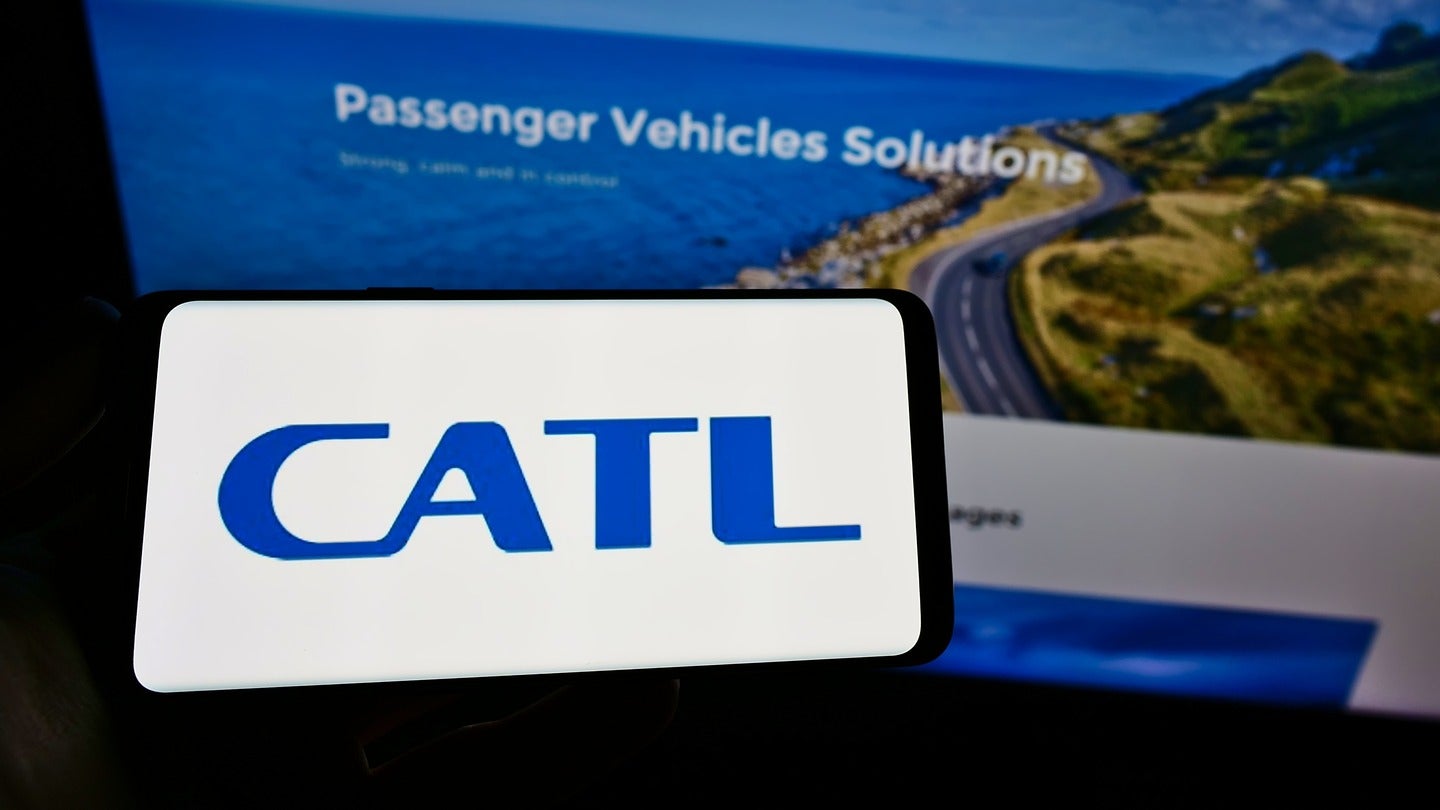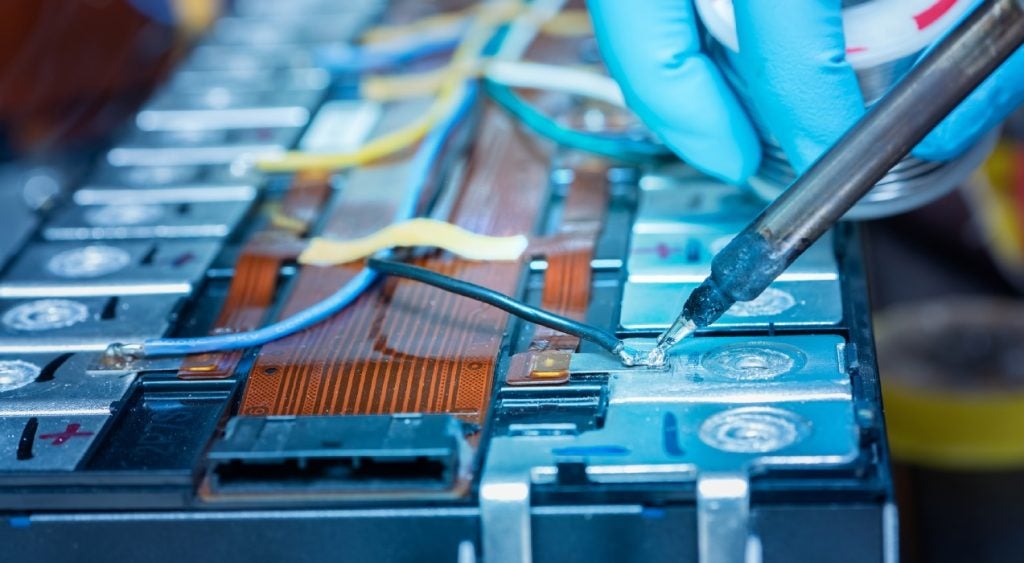
China’s CATL has responded to accusations that its batteries pose an espionage threat after US power and gas firm Duke Energy disconnected its CATL batteries from its North Carolina Marine Corps base Camp Lejeune.
CATL told Reuters in a statement that accusations about its batteries posing a potential security threat are false and misleading and that its products have passed rigorous safety and security reviews including those by US authorities and businesses.
On 1 December, US Senator Marco Rubio and colleagues sent a letter to the US Secretary of Defense Lloyd Austin, demanding that the US Department of Defense immediately reverse the decision to install CATL batteries at Camp Lejeune.
“The growing presence of CATL and other Chinese products in U.S. infrastructure is concerning, but it is inexcusable on U.S. military installations,” the letter reads. “The CCP’s pattern of espionage leaves little room for doubt that CATL products pose a threat to national security at any base where they are installed.”
Other senators such as Mark Warner and Joe Manchin have been vocal about China’s dominance in battery production, with the former having criticised China’s scrutiny of the Ford-CATL deal back in February as a “hypocrisy of the Communist Party regime”.
“They have forced technology transfer, stolen technology, and now want to try and reverse the flow,” Warner said.
How well do you really know your competitors?
Access the most comprehensive Company Profiles on the market, powered by GlobalData. Save hours of research. Gain competitive edge.

Thank you!
Your download email will arrive shortly
Not ready to buy yet? Download a free sample
We are confident about the unique quality of our Company Profiles. However, we want you to make the most beneficial decision for your business, so we offer a free sample that you can download by submitting the below form
By GlobalDataIn September, the chairs of three US House of Representatives committees demanded that Ford hand over documents linked to its CATL licensing agreement, after raising concerns that the partnership could facilitate the flow of US tax subsidies to China and leave the automaker dependent on Chinese technology.
“This case-by-case approach to US engagement with Chinese technologies is likely to continue, as the US domestic offering grows and different issues and opportunities arise,” commented Thomas Pothalingam, Themes Analyst at Just Auto’s parent company GlobalData. “Ford had to repeatedly stress ownership and control over the plant in both symbolic and actual logistical levels, and even that it seems was not enough to pass what will ultimately be the White House evaluation.”
CATL’s plans for North America reportedly include $5bn of battery plant investments, with it and Tesla said to be exploring a new battery plant and other projects in Texas. The company has also collaborated with Tesla, BMW and Volkswagen, among others, and recently signed a non-binding Memorandum of Understanding for the supply of LFP battery cells with Stellantis.
CATL’s lithium-ion battery influence
In October, the Foundation for Defense of Democracies published a memo, detailing the threat posed by CATL’s outsized influence in the EV and energy storage sectors.
“By compromising internet-connected public charging infrastructure, CATL could install malware on EVs, consequently allowing for the extended monitoring of countless vehicles and gathering sensitive information about their owners.
“Furthermore, the company could execute a shut-down of EV charging networks or even disable targeted vehicles through hardware infiltration.”
To mitigate these security risks, the FDD suggests mandating federal reporting requirements for US companies entering joint ventures or other collaborations with CATL or similar entities, and launching educational campaigns for US businesses and state governments in order to highlight the risks associated with CATL or other Chinese-affiliated entities.







